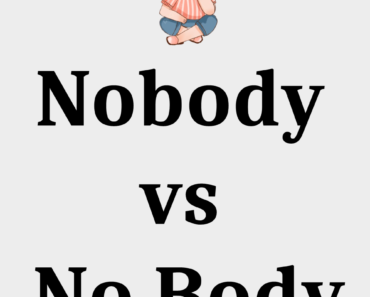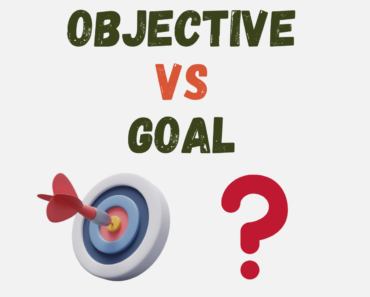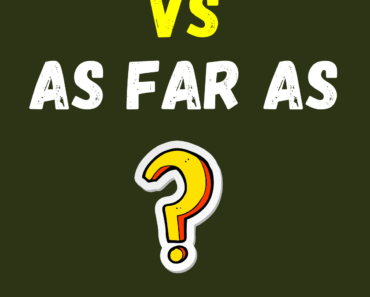When navigating the English language, understanding the subtle differences between phrases like “everything” and “all things” can be crucial for effective communication. These terms often seem interchangeable, but they serve unique purposes in language. In this post, we’ll explore the definitions, common usages, and subtle nuances that distinguish “everything” from “all things.”
Definitions and Usage
Everything refers to all things collectively, often used to signify the entirety of elements or experiences within a specific context. For example, when someone says, “Everything is going well,” they mean that all aspects of the situation are positive.
All things, on the other hand, emphasizes the individual elements within the whole. It’s used when the speaker wants to highlight the inclusion of each separate item or issue. Saying “All things considered” implies that every individual factor has been taken into account.
Nuances and Contexts
The nuance between these phrases can best be understood through their application in different contexts:
- Everything is more abstract and generalizing. It’s often used when the details are not the focus but rather the overall situation or outcome. For instance, “I lost everything in the fire” conveys a general sense of total loss without listing the specific items.
- All things tends to be more concrete and specific, suitable for situations where the individual components are as important as the whole. In scientific contexts, one might say, “All things in the experiment reacted as expected,” which underscores the behavior of each component in the study.
Grammatical Considerations
Grammatically, “everything” functions as a singular noun, meaning it pairs with singular verbs. “Everything is on the table” demonstrates this usage.
Conversely, “all things” is plural and goes with verbs in the plural form. For example, “All things are clear now” uses the plural verb “are” to match the plural subject “all things.”
Conclusion
While “everything” and “all things” may appear similar at first glance, their differences are crucial in conveying the correct meaning. “Everything” is best used for general statements and broader contexts, while “all things” serves well when detail and inclusivity are needed. Recognizing when to use each can greatly enhance clarity and precision in communication.
By understanding these subtleties, you can enrich your expression and ensure your language is as accurate and impactful as possible.







